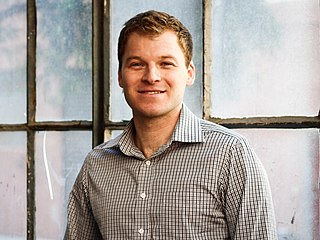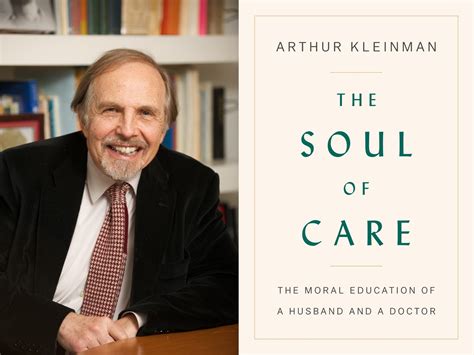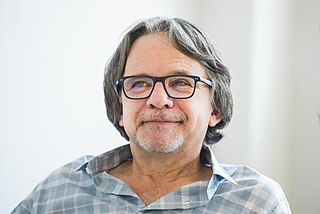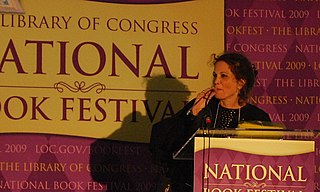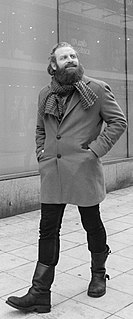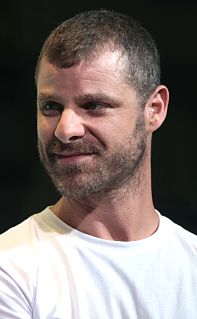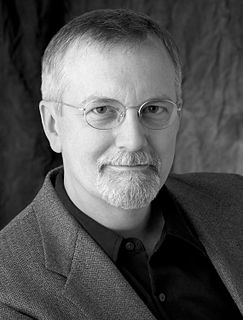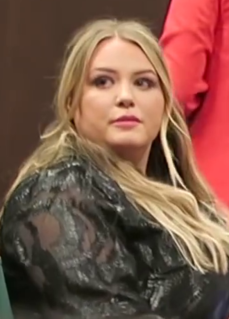Top 1200 Reading Stories Quotes & Sayings - Page 12
Explore popular Reading Stories quotes.
Last updated on December 25, 2024.
We live in a highly industrialized society and every member of the Black nation must be as academically and technologically developed as possible. To wage a revolution, we need competent teachers, doctors, nurses, electronics experts, chemists, biologists, physicists, political scientists, and so on and so forth. Black women sitting at home reading bedtime stories to their children are just not going to make it.
My mother married again after my father's death - another Royal Air Force officer, and a very different kind of man. We went to Australia when I was eight or nine. We lived there for a couple of years, and then came back and lived in North Wales for the whole of my teenage years... I learned how to write poems quite a lot. I just had a good time reading and reading and reading. So that's where I did most of my growing up.
Think of something you really care about. Then add hour to hour and calculate the fraction of your life that you've actually spent in doing it. And then calculate the time you've spent on things like shaving, riding to and fro on buses, waiting in railway junctions, swapping dirty stories, and reading the newspapers.
The secret of the Great Stories is that they have no secrets. The Great Stories are the ones you have heard and want to hear again. The ones you can enter anywhere and inhabit comfortably... in the Great Stories you know who lives, who dies, who finds love, who doesn't. And yet you want to know again.
For many years I was trying to find answers only through books but then I realized that basically, life is about experience and the thing that you have to do is experience life instead of only reading about it. Reading is very important, but it's not enough. After reading, you have to take some decisions in your hands and move forward and be the human being that you are, and then going and meeting people and work.
Long before I wrote stories, I listened for stories. Listening for them is something more acute than listening to them. I suppose it’s an early form of participation in what goes on. Listening children know stories are there. When their elders sit and begin, children are just waiting and hoping for one to come out, like a mouse from its hole.
Harper Lee and Truman Capote became friends as next-door neighbors in the late 1920s, when they were about kindergarten age. From the start, they recognized in each other "an apartness," as Capote later expressed it; and both loved reading. When Lee's father gave them an old Underwood typewriter, they began writing original stories together.






